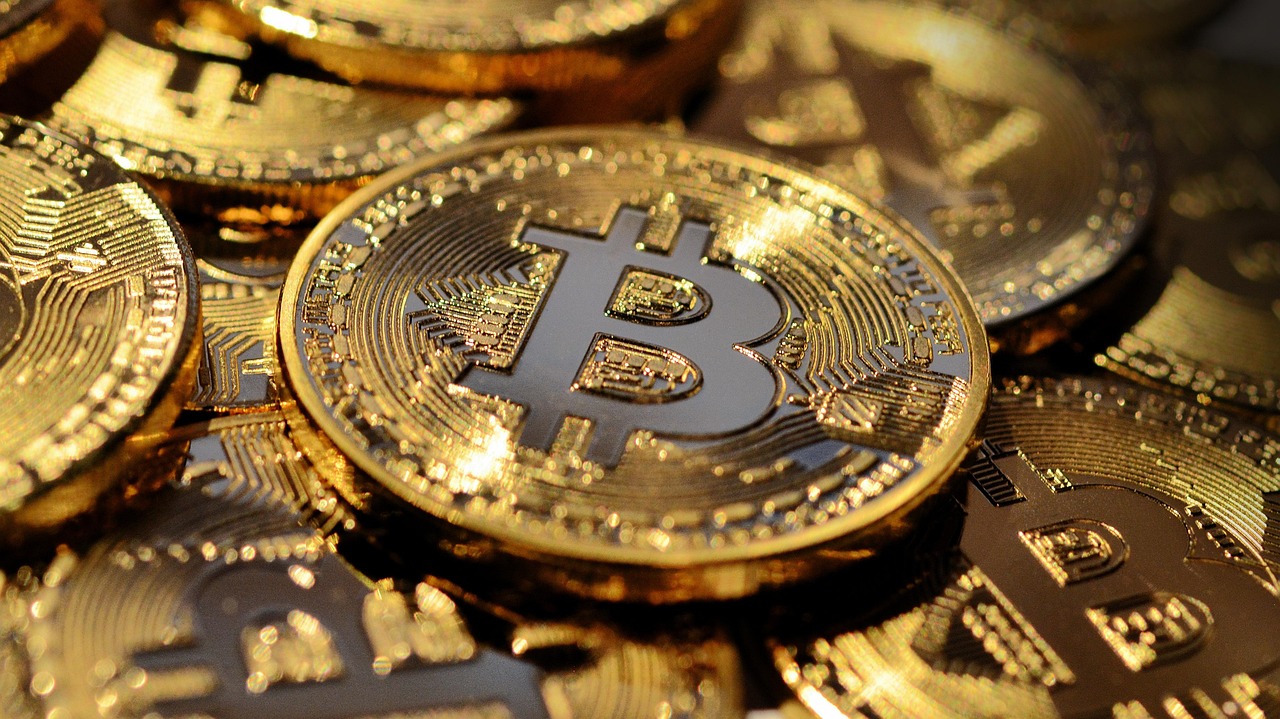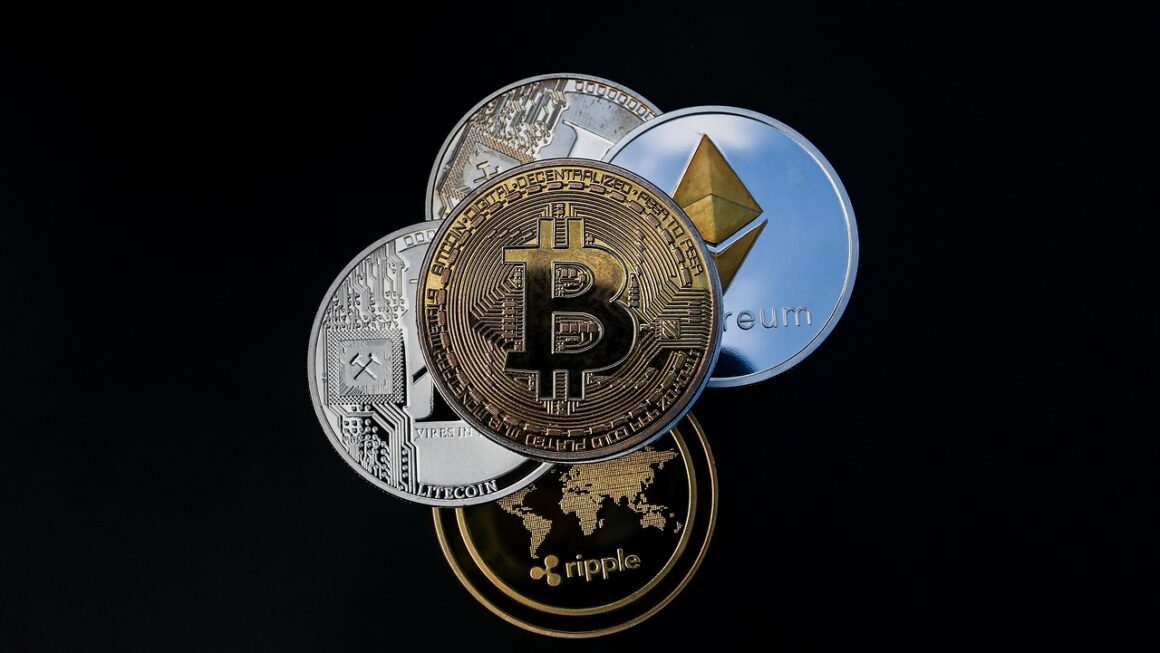Decentralized exchanges (DEXs) are revolutionizing the way we trade cryptocurrencies. Imagine a marketplace where you have complete control over your assets, where transactions happen directly between users without intermediaries, and where transparency reigns supreme. That’s the promise of DEXs, and this blog post will delve deep into understanding their functionality, benefits, and how they’re shaping the future of finance.
What are Decentralized Exchanges (DEXs)?
The Core Concept of Decentralization
DEXs operate on the principles of decentralization. Unlike centralized exchanges (CEXs) like Coinbase or Binance, DEXs don’t rely on a central authority to hold your funds or execute trades. Instead, they use smart contracts on a blockchain to facilitate peer-to-peer trading. This means:
- No Intermediary: Trades happen directly between users.
- Self-Custody: You retain complete control of your private keys and funds.
- Transparency: Transactions are recorded on the blockchain, making them publicly verifiable.
How DEXs Work: A Behind-the-Scenes Look
At the heart of a DEX lies a smart contract – a self-executing agreement written in code. When you want to trade on a DEX, you interact with this smart contract using a compatible wallet like MetaMask or Trust Wallet. Here’s a simplified breakdown:
Key Terminology: Understanding the Jargon
Navigating the world of DEXs requires understanding some key terms:
- Liquidity Pool: Pools of tokens locked in a smart contract to facilitate trading. Users who provide liquidity earn fees. Example: a ETH/USDT liquidity pool.
- Automated Market Maker (AMM): An algorithm that automatically adjusts prices based on the supply and demand within a liquidity pool. Uniswap and PancakeSwap are popular AMMs.
- Slippage: The difference between the expected price of a trade and the actual price received due to price fluctuations during execution.
- Impermanent Loss: A potential loss that liquidity providers can experience compared to simply holding the tokens due to price changes in the liquidity pool.
- Smart Contract: Self-executing contracts written in code that automatically enforce the terms of an agreement.
Benefits of Using Decentralized Exchanges
Enhanced Security and Control
One of the most significant advantages of DEXs is the enhanced security and control they offer:
- Reduced Risk of Hacks: Since DEXs don’t hold user funds, they are less vulnerable to centralized hacking attempts that target CEXs.
- Complete Control Over Your Funds: You’re responsible for managing your private keys, granting you ultimate control over your assets.
- No KYC (Know Your Customer) Requirements: Many DEXs do not require users to undergo KYC procedures, offering greater privacy. While some larger DEX’s are starting to introduce KYC in some regions.
Greater Transparency and Privacy
DEXs offer unparalleled transparency and privacy compared to traditional exchanges:
- Publicly Verifiable Transactions: Every transaction is recorded on the blockchain, allowing anyone to verify its authenticity.
- Pseudonymous Trading: While transactions are public, they are linked to wallet addresses rather than personal identities, offering a degree of pseudonymity.
- Reduced Censorship: DEXs are generally resistant to censorship, as there is no central authority to control access to the platform.
Access to a Wider Range of Tokens
DEXs often list a wider variety of tokens than CEXs, including newly launched and niche cryptocurrencies:
- Early Access to New Projects: DEXs can provide early access to tokens from emerging blockchain projects.
- Increased Liquidity for Smaller Tokens: DEXs can help facilitate trading for tokens that lack liquidity on centralized exchanges.
- Permissionless Listing: Anyone can list a token on a DEX, making it easier for new projects to gain traction.
Popular Decentralized Exchange Platforms
Ethereum-Based DEXs
Ethereum was the first blockchain to popularize DEXs, and several popular platforms operate on its network:
- Uniswap: One of the most popular AMMs, known for its simple interface and wide range of trading pairs. Uniswap is currently on version 3, Uniswap V3.
- Sushiswap: A fork of Uniswap that introduced the SUSHI token, offering governance and staking rewards.
- Balancer: Allows users to create customizable liquidity pools with different token weightings.
- Example: Imagine you want to swap ETH for DAI on Uniswap. You connect your MetaMask wallet, select the ETH/DAI trading pair, specify the amount of ETH you want to sell, and confirm the transaction. The smart contract automatically executes the trade at the current market rate, and the DAI is deposited into your wallet.
Binance Smart Chain (BSC) DEXs
Binance Smart Chain offers faster and cheaper transactions compared to Ethereum, leading to the emergence of popular DEXs:
- PancakeSwap: The leading DEX on BSC, offering a wide range of features, including trading, staking, and yield farming.
- BakerySwap: Another popular BSC DEX known for its NFT marketplace and DeFi features.
- Example: You want to participate in a yield farm on PancakeSwap, providing liquidity to the CAKE/BNB pool. You deposit CAKE and BNB into the pool, receive LP tokens (liquidity provider tokens), and stake those LP tokens to earn CAKE rewards.
Other Notable DEXs
Beyond Ethereum and BSC, other blockchains host notable DEXs:
- Raydium (Solana): A leading DEX on the Solana blockchain, known for its high speed and low fees.
- Trader Joe (Avalanche): A popular DEX on the Avalanche network, offering a range of DeFi features.
Risks and Challenges of Using DEXs
Impermanent Loss
Impermanent loss is a significant risk for liquidity providers on AMMs:
- Price Divergence: Impermanent loss occurs when the price of tokens in a liquidity pool diverges, leading to a reduction in the value of your holdings compared to simply holding the tokens outside the pool.
- Mitigation Strategies: Consider providing liquidity to stablecoin pairs (e.g., USDT/USDC) to minimize price divergence and impermanent loss. Also understand the risks before providing liquidity.
Smart Contract Vulnerabilities
DEXs rely on smart contracts, which can be vulnerable to exploits:
- Code Audits: Choose DEXs that have undergone rigorous code audits by reputable security firms to minimize the risk of vulnerabilities.
- Bug Bounty Programs: Some DEXs offer bug bounty programs to incentivize security researchers to identify and report potential vulnerabilities.
Scalability and Transaction Fees
High transaction fees and scalability issues can be a barrier to using DEXs, particularly on Ethereum:
- Layer-2 Solutions: Explore DEXs that utilize layer-2 scaling solutions like Optimism or Arbitrum to reduce transaction fees and improve throughput.
- Alternative Blockchains: Consider using DEXs on blockchains with lower transaction fees, such as Binance Smart Chain, Solana, or Avalanche.
Conclusion
Decentralized exchanges represent a significant step forward in the evolution of cryptocurrency trading. By offering enhanced security, greater transparency, and access to a wider range of tokens, DEXs empower users to take control of their financial assets. While risks such as impermanent loss and smart contract vulnerabilities exist, understanding these challenges and taking appropriate precautions can allow you to participate in the decentralized finance revolution with confidence. As the DeFi landscape continues to evolve, DEXs will undoubtedly play an increasingly important role in the future of finance. Remember to DYOR (Do Your Own Research) before investing in any crypto related platform.




